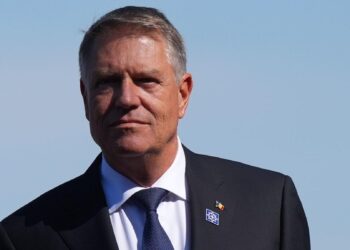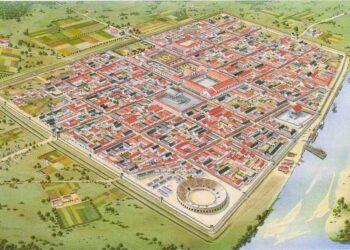Montenegro’s Investment Challenge: Striking a Balance Between Economic Development and Environmental Preservation
Nestled along the breathtaking Adriatic coastline, Montenegro is currently grappling with a contentious investment agreement with the United Arab Emirates. This arrangement has sparked important concern among environmentalists and local inhabitants alike. While it promises ample economic benefits and improvements to infrastructure, there are increasing fears about the potential degradation of Montenegro’s pristine beaches, particularly those deemed “untouched.” As the nation seeks to attract foreign investment while protecting its natural beauty, this partnership raises critical questions about the future of Montenegro’s coastal areas and whether economic growth should overshadow ecological preservation. This article delves into the complexities surrounding this investment deal, public responses it has elicited, and ongoing conversations regarding sustainable development in this Balkan region.
Economic Development vs.Ecological Preservation in Montenegro
The pursuit of economic advancement through a lucrative collaboration with UAE has ignited fervent debates concerning its environmental repercussions. Proponents argue that an influx of foreign capital could revitalize local economies and create job opportunities—particularly within tourism, which plays a vital role in Montenegro’s financial health.However, skepticism prevails among environmental advocates and community members who fear that such developments could tarnish Montenegro’s reputation as an idyllic getaway known for its unspoiled landscapes.
The primary concerns focus on how this initiative might impact biodiversity:
- Ecosystem destruction: Development activities may cause irreversible harm to coastal habitats.
- Increased pollution: Construction efforts combined with rising tourist numbers can lead to waste management challenges.
- Crowding issues: A surge in visitors may overwhelm natural sites, diminishing their appeal for eco-conscious travelers.
The government faces a daunting challenge as it weighs immediate financial benefits against long-term ecological sustainability. As discussions progress, there remains hope that a resolution can be reached that respects both Montenegro’s economic aspirations and its commitment to preserving its stunning landscapes that attract tourists from around the world.
Effects on Local Communities and Natural Resources from Coastal Development Projects
The recent investment agreement between Montenegro and UAE has raised significant alarms among local communities regarding potential impacts on their environment and livelihoods. Many residents express concerns that extensive development projects could encroach upon untouched coastal areas—diminishing both natural beauty essential for tourism as well as support for local economies.Key issues highlighted by community members include:
- Ecosystem disruption: The fragile balance within coastal ecosystems may suffer irreversible damage due to construction activities.
- Cultural erosion: The rise in developments threatens historical landmarks alongside traditional fishing practices crucial to local identity.
- Diminished water resources: Increased water demand from tourism-related growth might exacerbate existing shortages faced by residents.
The economic implications are also noteworthy. While proponents claim job creation will stem from these initiatives,local communities question who truly reaps the rewards.A significant portion of investments may favor foreign enterprises rather than providing substantial advantages for locals. To illustrate differing perspectives on potential outcomes based on stakeholder views versus developer interests:
| Outlook | Local Stakeholders’ Viewpoint | Developers’ Viewpoint |
|---|








